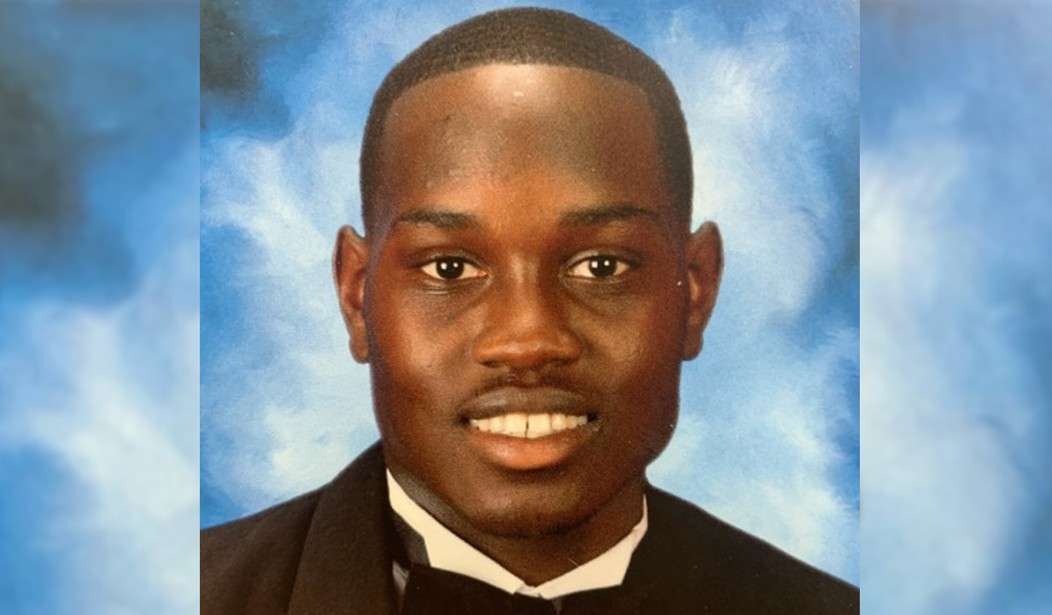The judge presiding over the case of the men accused of murdering Ahmaud Arbery last year just issued a ruling answering a question that many had been asking, as the date of the trial grows near. In May of this year, attorneys representing Gregory and Travis McMichael and their neighbor William “Roddie” Bryan asked a judge to allow them to present details of Arbery’s prior encounters with law enforcement during the trial.
The Associated Press reported that the judge ruled that the defense attorneys will not be “allowed to present evidence of the slain Black man’s past legal problems when their clients stand trial for murder.”
The report explains that the defense attorneys wished to give the jury details about Arbery’s past run-ins with the police, which includes two arrests, in order to counter the prosecutor’s claim that he was only in the Brunswick neighborhood because he was jogging. It would have been part of their effort to show the three men’s suspicions that Arbery had committed a crime were reasonable.
On the other hand, prosecutors contended that “defense lawyers were seeking to put Arbery on trial by making his criminal record and other prior problems part of the case,” according to the AP. They pointed out that none of the defendants knew details about Arbery’s past before the shooting. Moreover, they stated that his past is irrelevant to the three men’s decision to chase Arbery with guns while he was running away.
Superior Court Judge Timothy Walmsley ruled evidence of the young man’s past legal issues could:
“….[l]ead the jury to believe that although Arbery did not apparently commit any felony that day, he may pose future dangerousness in that he would eventually commit more alleged crimes, and therefore, the Defendants’ actions were somehow justified.”
In his ruling, he added: “The character of victim is neither relevant nor admissible in murder trial.”
The defense is arguing that the three men did not commit any crimes during the encounter and that the McMichaels believed Arbery was a burglar, after footage allegedly showed him inside a home that was under construction. The attorneys contend that Travis McMichaels shot Arbery in self-defense. The defense has also asked Walmsley to allow them to introduce evidence that Arbery suffered from mental illness. The judge has not yet made a ruling on that matter.
The Associated Press reported:
Arbery pleaded guilty to charges he carried a gun onto a high school campus in 2013, a year after he graduated. Rodney Ellis, police chief for the Glynn County school system, testified at Wednesday’s hearing that Arbery tried to evade officers on foot and stopped only when two of them pointed guns at him.
He was also arrested in 2017 on charges that he tried to steal a TV from a Walmart store. Court records show he pleaded guilty to shoplifting. Arbery was on probation at the time of his death.
It is not a huge surprise that the judge would deny the defense’s request. Despite what some have intimated, there is no evidence that Arbery had burglarized any homes in that neighborhood; local law enforcement never tied him to any of the break-ins that occurred. Moreover, the McMichaels never saw Arbery enter the construction site – they simply began pursuing him after they saw him running by their house.
Additionally, the judge’s argument regarding Arbery’s past seems apt, given the fact that it did not play into the incident that killed him. None of the men cited Arbery’s criminal record as a reason for pursuing him, and it is unlikely that any of them were aware of his brushes with the law. This development is going to make things even harder on the defense. But in reality, this was always going to be a tough case to defend anyway. Excusing the actions of these three men – especially with all of the other details that have emerged – is not going to be an easy task.












Join the conversation as a VIP Member